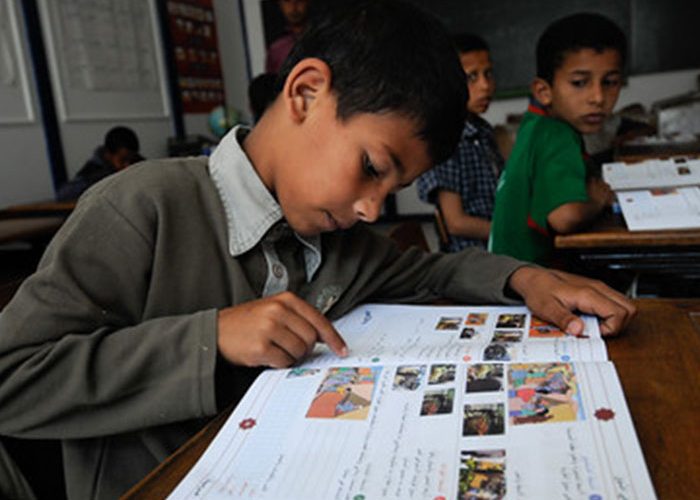GPSA projects
LEAD Project Linking Education and Accountability for Development
Country: Morocco
Sector: Education
Executing Agency: CARE International Maroc
Grant Amount: $720,000
Closing Date: September 2018


Frame and Challenge
Following the aftermath of the Arab Spring in the Middle East and North Africa (MENA) region, Morocco has embarked on a transition to a more accountable and transparent governance system. The government has made gradual but significant progress to fulfill the demands expressed by Moroccans. A new Government and constitution were put in place to bring about the deep political, institutional, and social reforms. However, there remain substantial challenges to enhance transparency and public participation in policy-making. The mechanisms for inter-ministerial coordination that are necessary to implement governance reforms across public institutions are weak.
These governance challenges contribute to poor performance at the sector level. In the education sector, Morocco suffers from low quality of education as reflected in performance indicators on learning outcomes. The country ranks as one of the weakest performers in the Arab world in this regard. Furthermore, there is limited transparency in the use of public resources in the education sector as well as considerable levels of teacher absenteeism. In recent years, the country has embarked on decentralization reforms with several implications for the education sector. Regional Education Offices (AREFs) have been granted increased administrative and financial autonomy to set education policies at the local level, opening new opportunities to enhance public participation and accountability.
Solution
CARE International Maroc, an organization with extensive experience in the education sector in Morocco since 2007, has been awarded a GPSA grant to generate improvements in the education sector by strengthening collaboration between Parent Associations (PA) and education authorities to improve decision-making processes at all government levels. This is being accomplished by: 1) designing and implementing a Participatory Assessment and Monitoring Tool (PAMT) along with other social accountability tools (scorecards and social audits) to collect information on resources and generate user feedback in the education sector; 2) building capacity of PAs to use information generated by PAMT to effectively engage with AREFs and influence education policies; 3) collecting lessons learnt and facilitating PA coordination at district, regional, and national level to showcase results at national level; and 4) improving project evaluation mechanisms to assess impact.
Outcomes
Project results in the targeted regions thus far include but are not limited to, that:
- At 26 schools, Parents’ Associations (PAs), teachers, students and Principals use the participatory ‘Statement of School Agreement’ tool to increase transparency on schools’ available resources, and jointly develop plans to address the main constraints identified. The mechanism will be deployed in additional 24 schools during the 2017-18 school year.
- 26 PAs (950 parents, including 495 mothers) have been trained on social accountability, NGO management, gender-sensitive approaches and governance. This training program will reach 24 PAs during the school year 2017-18.
- 316 officials (including 91 women) received training to maintain better communication and collaboration with the PAs.
Lessons Learned
There are already many lessons learned as project work continues in Morocco, which include:
- The lessons learned by CARE International Maroc from the implementation of its SCORE project (Supporting Community based Organizations in Requesting Equity in service provision) benefitted the original project design. The SCORE project a social accountability project funded by the World Bank that successfully tested the use of Community Score Cards to improve social services in the region of Grand Casablanca.
- The Project team implemented a steering committee, which was in part successful due to its composition of mostly project partners and stakeholders’ representatives. The committee was responsible for supporting the strategy of the project, planning and achieving goals, and providing overarching monitoring.
- Those training themes for project volunteers which were based on the preferences of targeted schools and cooperating government officials allowed schools and officials to identify and advocate for their own personal interests in successfully implemented training, ensuring their continued support of the project.
Learn more
Click on the news links below to learn more about this education sector project in Morocco:
Article: L'intégration dans l'éducation débattue à Tahanaout
Article: L'intégration de la redevabilité sociale dans l'éducation
